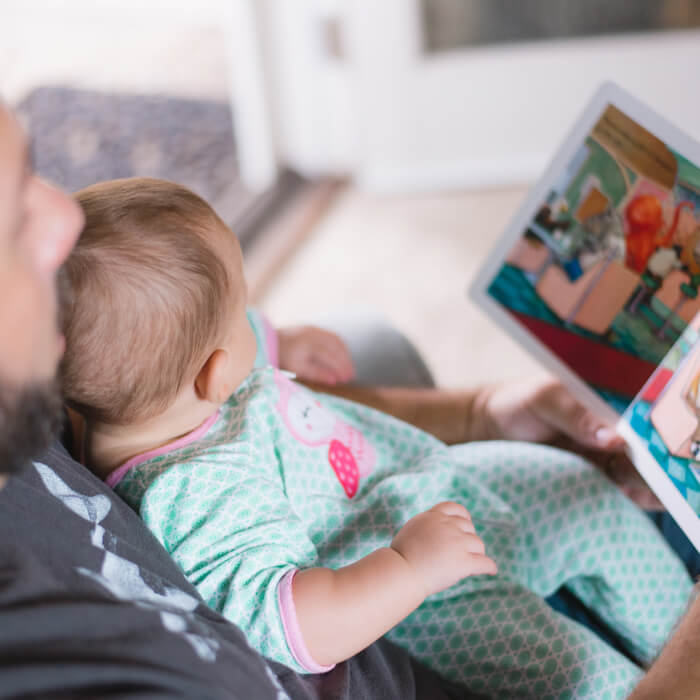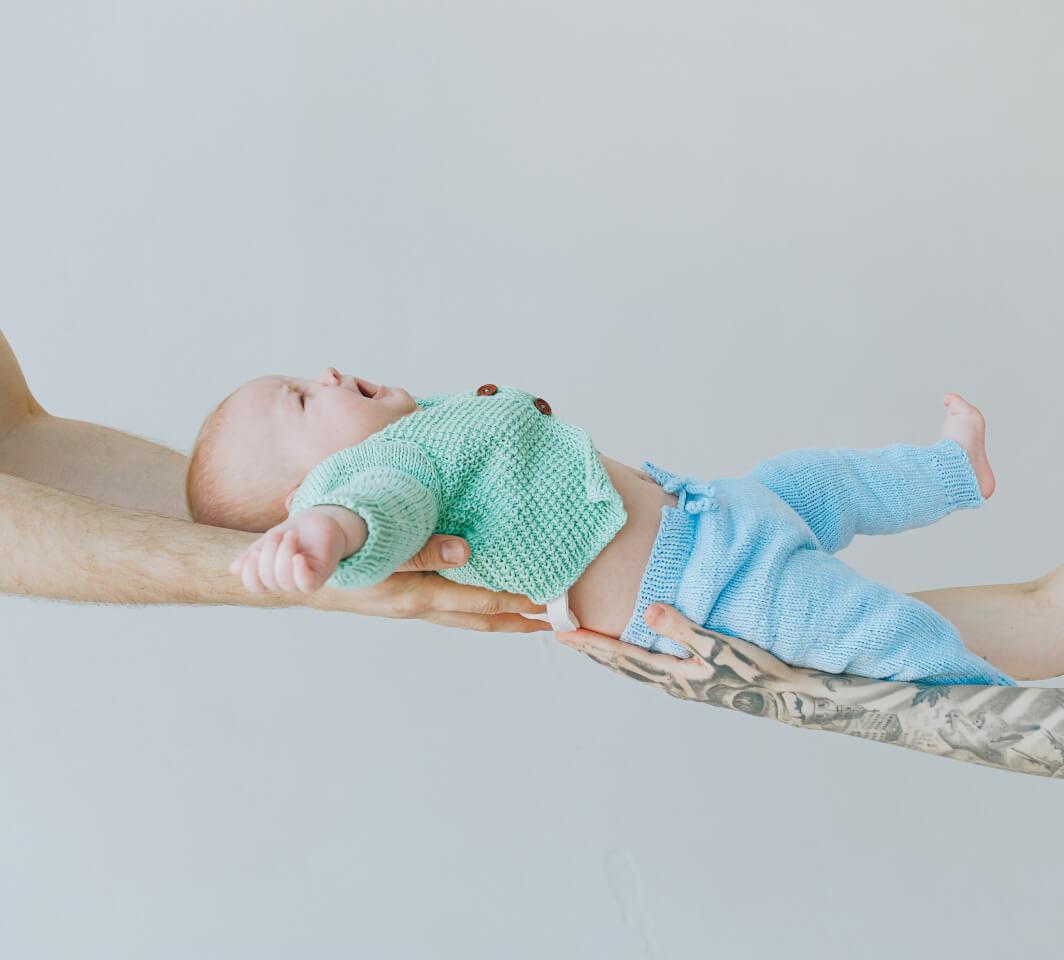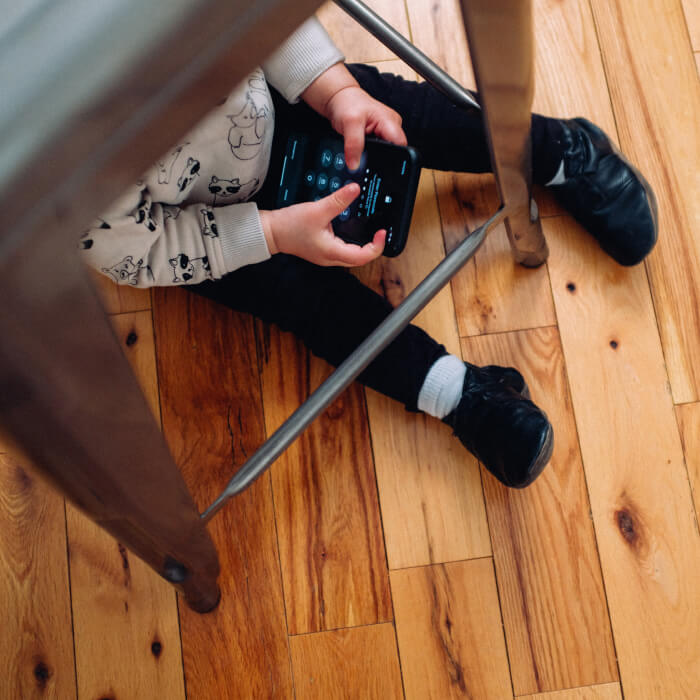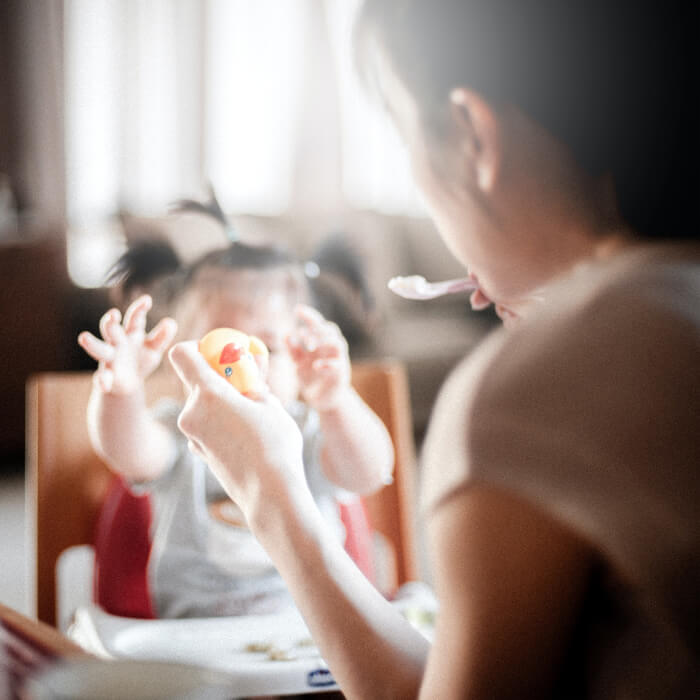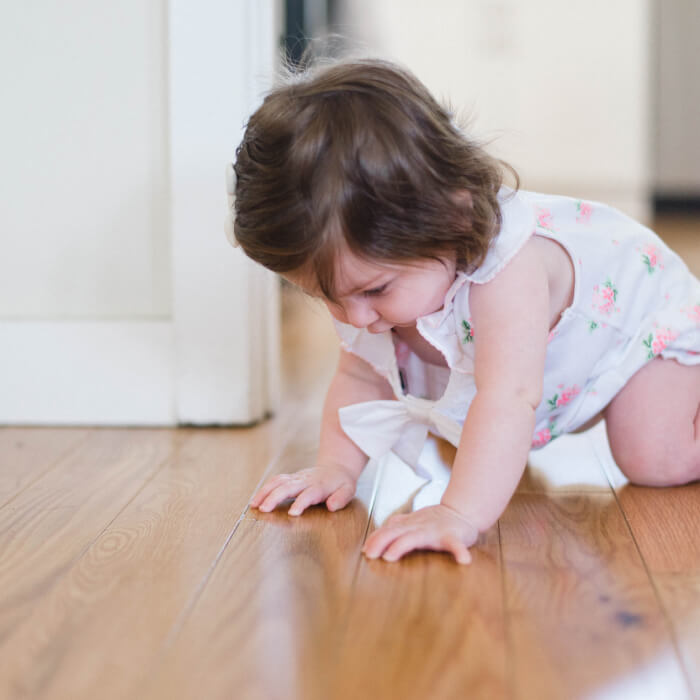Baby Care Tips
Be Supportive – When holding baby, support the head at all times.
Skin-to-Skin – Nothing promotes bonding with your new baby better than holding him close, literally skin-to-skin. Research has shown that this is beneficial to the new mom as well as to the newborn baby.
Embrace Change – Change dirty diapers on the floor or on a stable changing table and be careful not to prick baby with the diaper pin if using a cloth diaper. Keep up on diaper disposal to keep baby’s environment clean.
Bathe Daily – Bathe baby at least once a day in lukewarm water using shampoo and soap that’s made especially for babies. Never leave baby unattended in the basin even for a minute and don’t let baby stay wet or undressed for long. When cleaning baby’s eyes, nose, ears and private parts – clean the outside (not the inside) of these organs. Take note that newborns cannot regulate their body temperature well.
Keep it Clean – Keep baby’s umbilical cord stump clean and dry at all times. Wipe it with cotton soaked in surgical spirit (alcohol) after each bath. Use separate pieces of cotton for either side of the stump above and below the clamp. In most cases, baby’s cord stump will drop off after 7-10 days without any problems.
Clip Carefully – Use blunt-tipped baby nail scissors. Be careful to cut only the nails, well away from where they join the flesh. Baby can wear mittens to prevent him from scratching himself.
Head to Bed – Your baby’s crib must not have splinters or rough edges and the bars should be no more than 6 cm apart. Use swaddle wraps instead of blankets to avoid suffocation. Many infant safety organisations now recommend that nothing be inside the crib at all, and that crib bumper pads should be removed altogether.
Get in Position – Pediatricians recommend that healthy, normal babies should be left to sleep on their backs. According to the American SIDS Institute, “Infants who sleep on their stomachs and sides have a much higher rate of SIDS than infants who sleep on their backs.”
